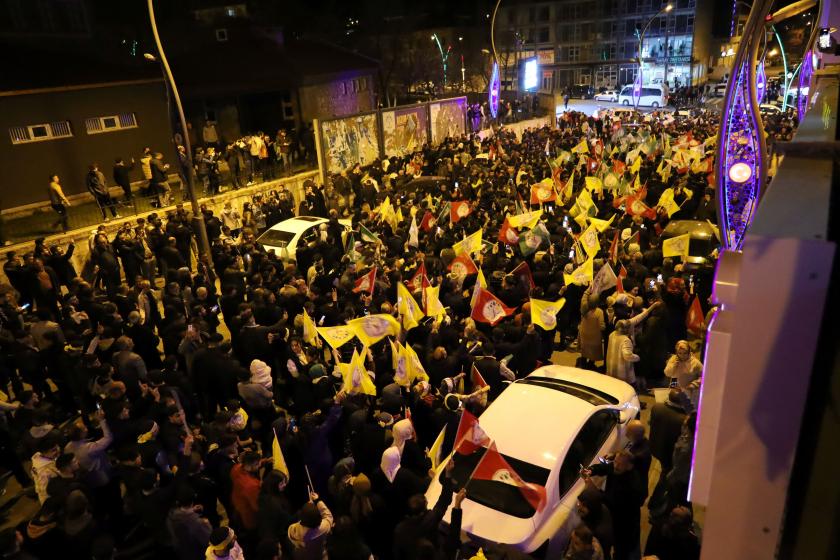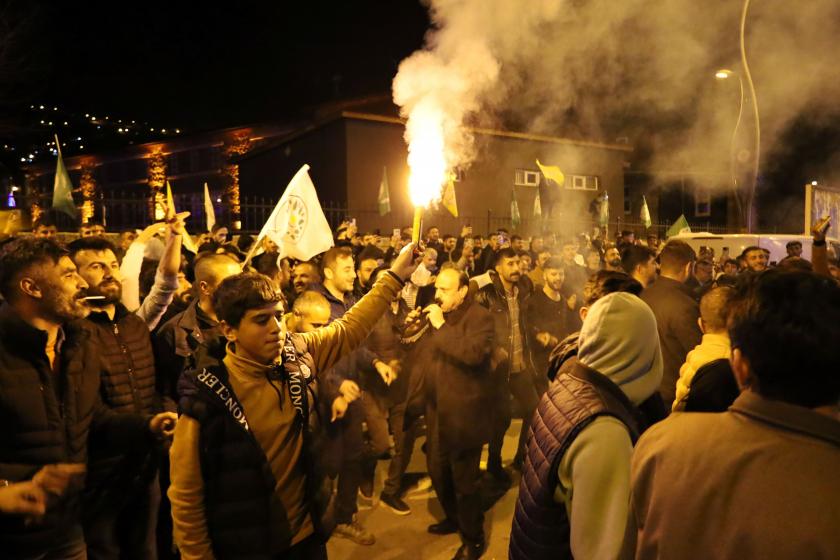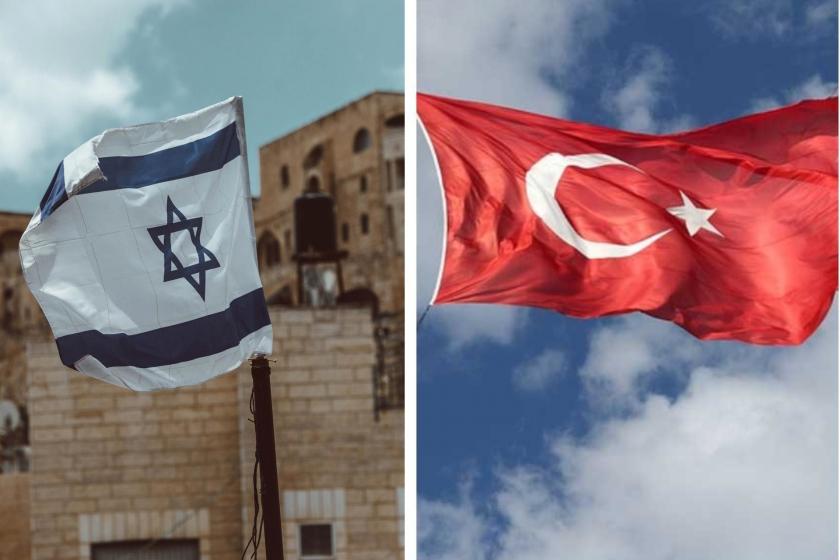25 February 2020 05:50
Former case processing lawyer at the European Court of Human Rights (ECtHR) Ümit Kılınç has indicated out that the judgments rendered on Selahattin Demirtaş and Osman Kavala must be implemented.

Ümit Kılınç | Photograph: MA
Former case processing lawyer at the European Court of Human Rights (ECtHR) Ümit Kılınç, stating that the non-implementation of the rights violation rulings on Selahattin Demirtaş and Osman Kavala amounts to a breach of Article 18 of the European Convention on Human Rights (ECHR), said, “In my opinion, as per Article 46 the individual must be immediately released.”
Stressing that the ECtHR had declared there to have been a violation of paragraph three of Article 5 and Article 18 of the Convention on Human Rights in the Demirtaş case, Kılınç said, “The violation ruling here means Selahattin Demirtaş is in detention for political rather than legal reasons. The applicant’s release was ordered based on Article 46 of the Convention on Human Rights. But this order was not complied with. Subsequently, it was decided to refer the case to the Grand Chamber so that both the applicant would be a party and the government would be a party. Just now, this case defies cogent discussion because the case is currently pending. A hearing has been held and judgment has yet to be rendered. Consequently, the ruling passed by the chamber is not a valid ruling from this stage onwards because the case is currently pending before the Grand Chamber.”
Kılınç noted that in the Osman Kavala case, too, the ECtHR had ruled that Article 5/1 C of the Convention on Human Rights had been violated and that there was no reasonable suspicion for the applicant to be deprived of his liberty. Kılınç commented, “This means, in other words, there exists absolutely no situation for depriving the applicant of his liberty. There was ruled to have been a violation of Article 18 along with this article. These two cases are very important for Turkey because violation of Article 18 has been found for the first time in cases involving Turkey. Basically, the Turkish authorities are depriving the applicants in question of their liberty with the involvement of an abuse of rights. The court called for the applicants to be released in the Kavala and Demirtaş cases.”
Kılınç had the following to say about the execution of the ruling passed on Kavala: “The basic question here is whether the judgment requires to be executed immediately, or if the three-month finalisation period is to be awaited. The government’s argument in this regard is to wait for the three-month period. If the case does not go to the Grand Chamber within three months it attains finality in this form and the judgment rendered by the Human Rights Court becomes binding. According to Article 46, the execution of a judgment rendered by the Court of Human Rights is the business of the Committee of Ministers of the Council of Europe. However, of late the ECtHR has put itself in the committee’s place and has also said how the judgment is to be executed. The ECtHR is directly saying how the violation ruling should be executed. That is, it is said that the individual should be released immediately. The applicant thus does not have to wait out the three-month period in their case. After all, what does the three-month period amount to there? Once the case has attained finality, it will go the Committee of Ministers for execution. In my opinion, if the immediate release of the individual is asked for as per Article 46, that individual must be released immediately.”
Continuing, “What can be done under these circumstances?” Kılınç noted, “The case has not currently gone to the Committee of Ministers because the three-month period has not elapsed. So, if correspondence is made to the Committee of Ministers, I do not think a result will ensue at this stage. But the Committee of Ministers of the Council of Europe can be notified of the situation and political pressure can be brought to bear on Turkey. When the Court of Human Rights rules, countries abide by this. But Kavala and Demirtaş have not been released. And this is not a situation that has been much encountered. There is thus a case-law gap in this regard. A solution might be found whereby the applicant or his representatives correspond with the court and notify the Committee of Ministers of the Council of Europe of the situation.”
(Translated by Tim DRAYTON)



